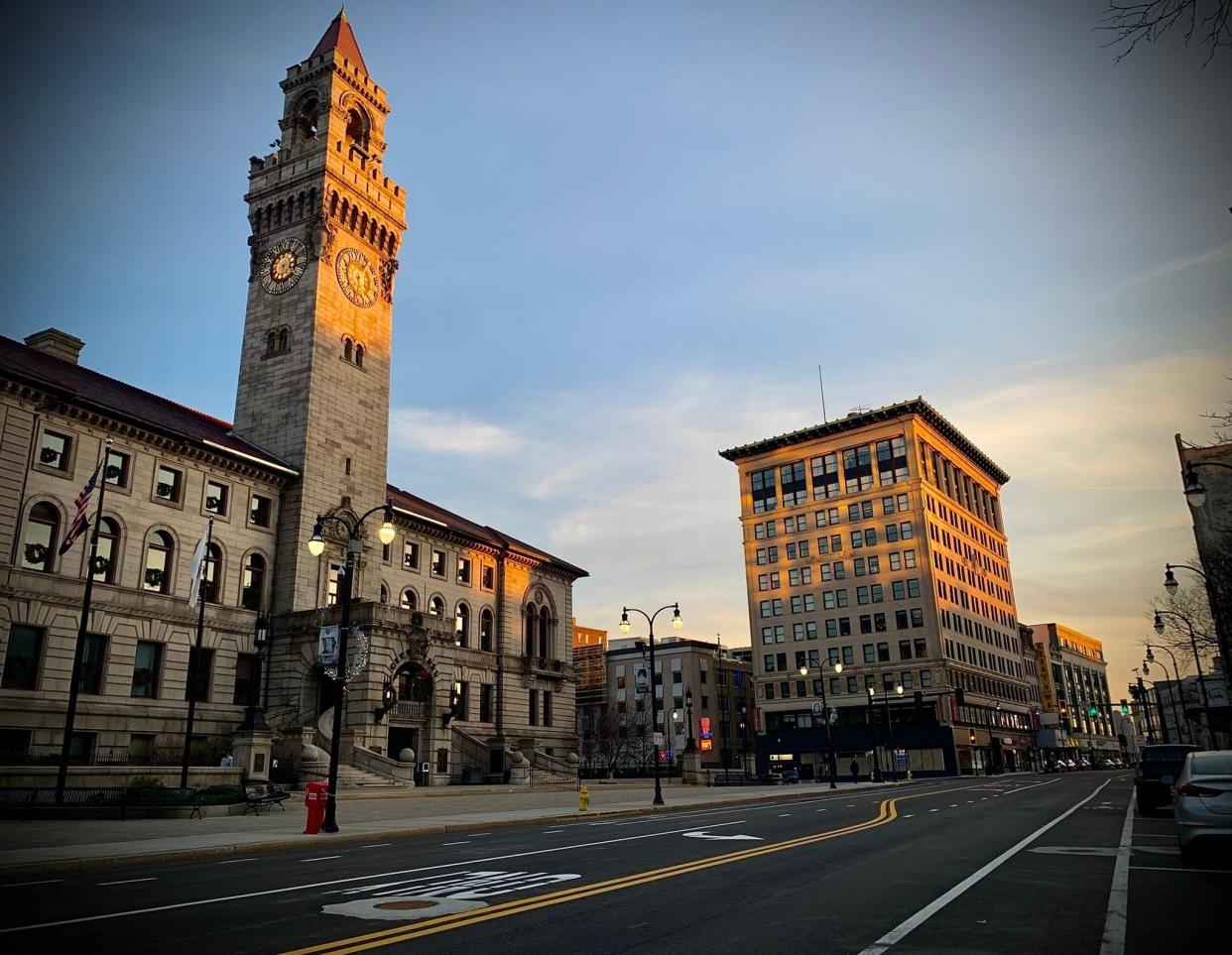Worcester Planning Board gives strong backing to accessory dwelling units

WORCESTER — A draft ordinance to allow construction of accessory dwelling units by right in Worcester received a unanimous endorsement from the city Planning Board Wednesday, along with a few recommendations for revisions.
An accessory dwelling unit, or an in-law apartment, is a self-contained apartment in an owner-occupied, single-family home/lot that is either attached to the principal dwelling or in a separate structure on the same property.
The Planning Board agreed to unanimously send a policy recommendation fully backing elements of the city's draft policy that may prove controversial on the City Council: That residents of an accessory dwelling unit do not need to be related to the property owner, that the additional units be allowed by right and that they not require additional off-street parking.
"My intention is to support this and also to ... add into it language that this should not be watered down," Planning Board Vice Chair Edward Moynihan said. "That in fact I would probably not support it if you were to take out the familial component and I would not support it if you were to take out the language with the parking because we really won't have anything of substance. We'll have cotton candy. It will look pretty. It'll be nice. It'll be sweet. It'll be short-term."
In September, the city administration put forward an amendment to the city's zoning ordinance that would allow homeowners to construct accessory dwelling units in all zoning districts except the manufacturing and airport districts.
Chief Development Officer Peter Dunn said Wednesday the city is recommending by-right use in order to decrease time, cost and risk compared to a process that requires discretionary approval.
The city is also considering how to set up an equitable set of rules related to zoning for all neighborhoods, Dunn said.
The city's recommendation includes an owner-occupancy restriction intended to protect couples and families looking to purchase their first home, as investors might see a financial incentive to purchase single-family homes and build additional units to add revenue, Dunn said.
Dunn also explained that the city felt a familial requirement was unnecessary and would discourage accessory dwelling units. He also said enforcement has proven difficult for communities.
"Certainly now, we have an expanded appreciation for what it means to be family as well," Dunn said.
In initial conversations, the amendment received support from some city councilors while others expressed concern about its impact on single-family zoning, neighborhood character and parking.
Some councilors said they believed the policy should be intended for close familial situations such as when a homeowner wanted to create an additional unit for family members who could no longer live independently.
The City Council voted to send forward an order from Councilor-at-Large Morris Bergman asking for revisions to the amendment. He requested the following changes: An amendment to when the lot owner's dwelling unit can be rented during a temporary absence; a requirement that occupants of the lot have a family relationship of up to three degrees of kinship; a requirement that an accessory dwelling unit have one additional off-street parking space (for a non-family relationship) in most kinds of zoning districts; and that prior to the adoption of the zoning changes, the city consider any suggested restrictions on accessory dwelling units provided by state legislation.
Planning Board Chairman Albert LaValley said he believed the City Council would be more split on the policy than the Planning Board and said it was important to send a message of strong support.
LaValley did make some recommendations for changes to the amendment that the rest of the board agreed to include in its overall recommendation to City Council including allowing accessory dwelling units in districts zoned nonresidential but where houses already exist. He also recommended allowing any accessory dwelling unit to be built up to 900 square feet, regardless of the size of the original unit.
The existing language allows up to 900 feet or no more than 50% of the size of the original unit, whichever is smaller.
In addition, LaValley recommended removing the owner-occupancy requirement because he did not believe the city would be able to enforce it in an equal way.
He also said communities in the state tend to not see too many of these units built after they are made legal.
"There's not going to be 100 of these in five years. We'll be lucky if we were to get to that type of number," LaValley said. "I think that anything that we do that puts an obstacle in the way of someone setting out and trying to build one of these things ... is going to make it that much harder."
Accessory dwelling units will now return to the City Council to be sent to the Standing Committee on Economic Development for an additional recommendation before a full City Council vote.
Accessory dwelling units are part of Gov. Maura T. Healey's proposed bill the Affordable Homes Act, a bill intended to boost housing production. The bill proposes allowing accessory dwelling units by right in single-family zoning districts in all communities and prohibits both owner-occupancy requirements and parking mandates within a half-mile of transit.
This article originally appeared on Telegram & Gazette: Accessory dwelling units in Worcester: Planning Board votes to support

